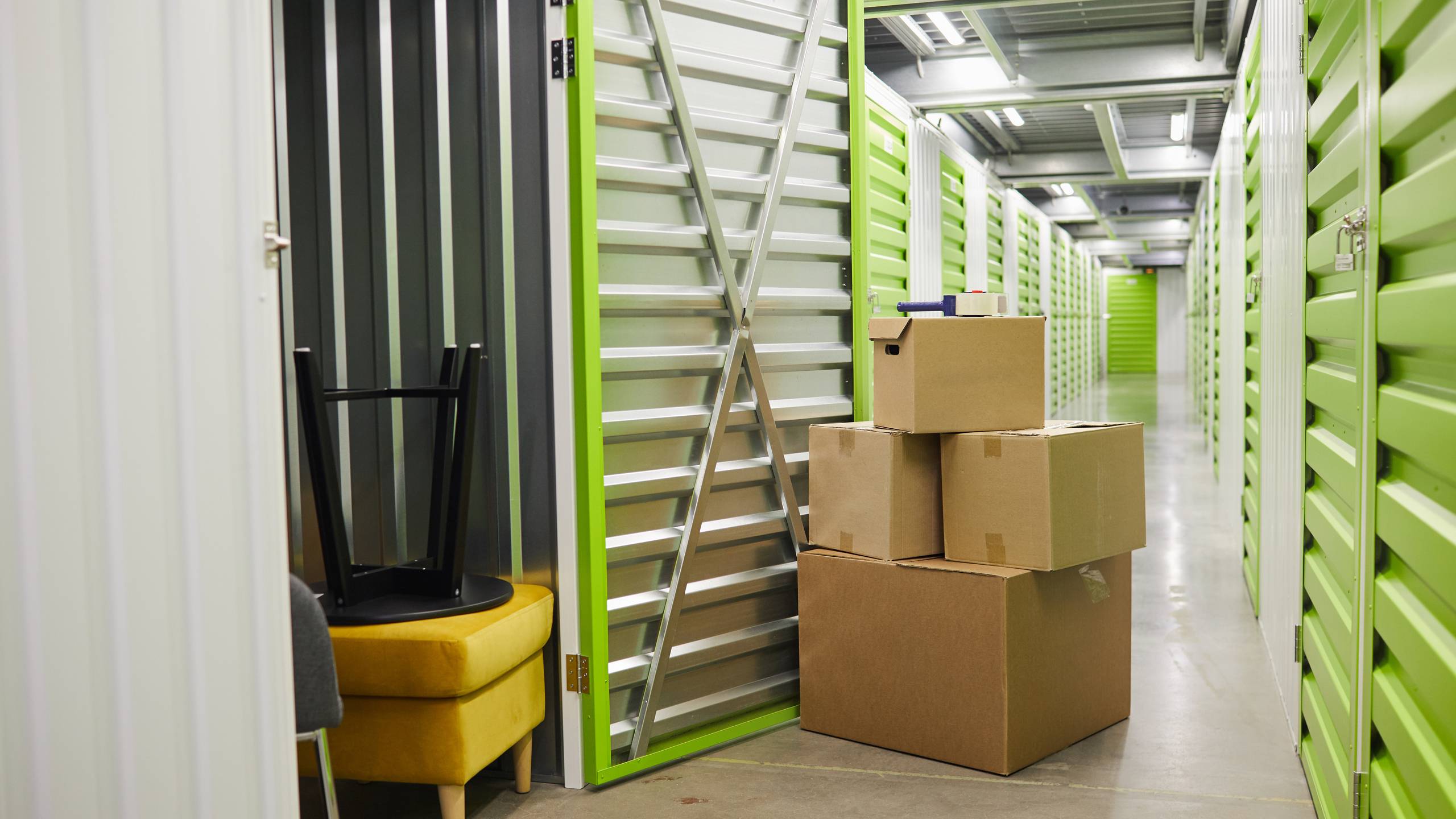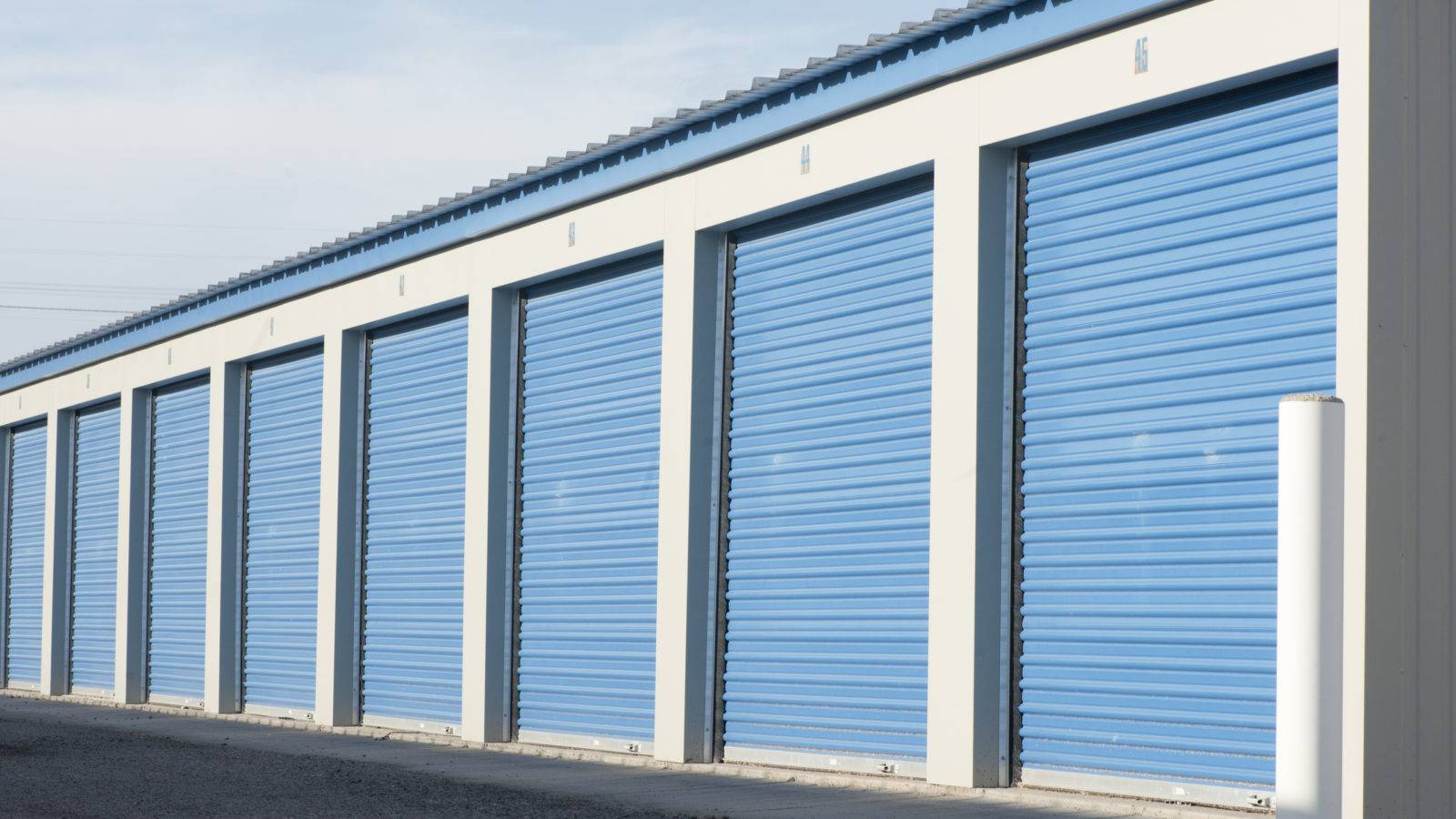A Deep Dive Into Storage Units

As a Realtor, I’ve observed an increasing trend among buyers and sellers in need of more “space.” It makes sense, if you think about it. So many of us are staying home more — enjoying our personal spaces more, working from home more, expanding and cohabitating our families…the list goes on! Friends, family, colleagues, and clients (myself included) have adjusted the way we work and live the last few years, due to the pandemic. And, along the way, to create more “space,” many of us, sometimes reluctantly, have purged items that no longer bring us “joy.” (Then again, many of us have not!) Regardless of the category to which you belong, you may be thinking about renting a storage unit.
For any variety of reasons, a storage unit could be the best solution. It can provide you with temporary (month-to-month) or long-term (indefinite) extra space when you’re downsizing, or living through a renovation, or making a move. Plus, it’s a great alternative when investing in a larger home or if building an addition to your current abode is not a viable option. Or, perhaps you’re ready to sell your home and are considering a storage unit because you want to declutter in order to better stage your home for sale. The good news is that there is a wide range of unit sizes and services to meet your needs. Most self-storage facilities offer at least five sizes and many offer larger sizes, as well. Full-service facilities also offer a variety of unit sizes.
Two Types of Storage Rentals

Full-service companies offer “valet-style” services to their customers. Specifically, they will accept deliveries, pick up your belongings and deliver them to the unit for you — often with the ability to request and schedule using a smartphone! Many facilities will take photos and document your belongings so that you’ll always have an online inventory list, which comes in handy, especially with longer term rentals.
Self-storage is the most popular option available. These facilities are a safe, secure and affordable way to store household items and even larger items, like cars, RV’s, motorcycles and boats! With self-storage, customers are responsible to transport their belongings to and from the unit. It’s important that customers document their inventory to keep track of what’s stored. For obvious reasons, self-storage tends to be less pricey than full-service storage, making it more appealing to those on a tight budget.
Every storage company has its own set up protocols as it relates to reserving a unit. In general, many require a government-issued form of ID when renting. It’s important to do your research as to which company to choose and which location to store your belongings. I recommend StorageUnits.com’s Richmond self-storage top picks to start, or try Moving.com’s Storage Center as back up.
Full-service vs. self-storage: Which one suits your needs?
Most of us in need of storage for rent opt for a self-storage unit. These units tend to be more affordable and easier to use in terms of flexibility and accessibility to the unit. If you have access to a car and aren’t planning to store an excessive amount of items, I highly recommend renting a self-storage unit.
However, those living in large urban areas, where driving and parking are an issue, may tend to opt for full-service storage. Many city dwellers are without a car and live in high-rise buildings with elevators or stairs so full-service storage is more convenient and practical. I recommend taking advantage of this service in such situations.

As with purchasing any service, it’s wise to weigh the associated costs and benefits provided by different facilities. Make sure to consider these key factors:
• Degree of accessibility and your likely needs (24-hour access? Open 7 days a week and holidays?)
• Climate control (to safeguard clothing, furniture, important paper products and other materials susceptible to mold, mildew, and climate fluctuations)
• Locks on units
• Safety and on-site security (well-lit?)
• Video monitoring
• Unit sizes offered
• Pricing and contract options
• Online reviews of facility
• Insurance for stored items (some facilities offer affordable options)
• Rules and restrictions (what’s allowed/what’s not in storage — chemicals/flammable items)
You’ll find that a storage unit can be a very reasonable way to store items you love or need while giving you more space and less clutter in your home.
Have a storage or any other real estate-related question? Give me a call (or send a text) at 804.833.2130, or email me at michelle.rosman@onesouthrealty.com.







